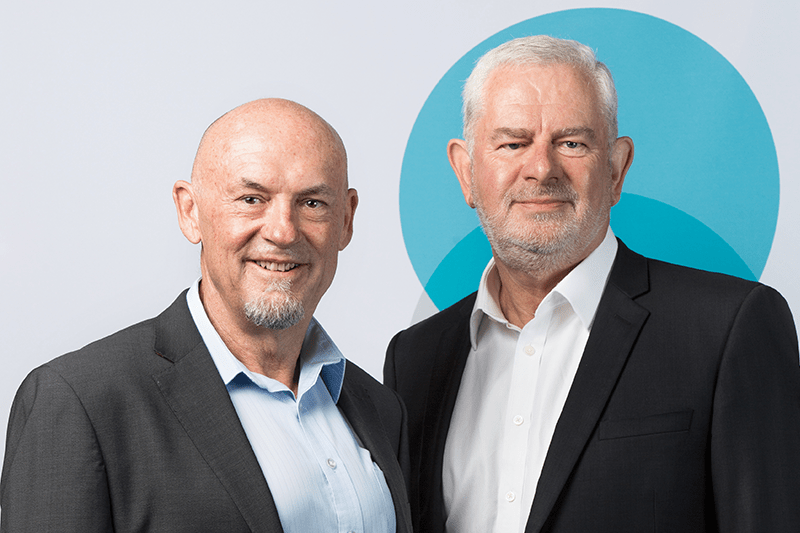By Peter Kelly on 21 August 2019
|
It has now been some months since the Coalition was returned to Government following the May Federal Election so perhaps it is timely to have a closer look at what has been happening to our super in Canberra’s corridors of power. A significant amount of superannuation legislation had been tabled before the Parliament in late 2018 and early 2019; however, those items that had not been passed, lapsed when May election was called. In the past month or so we have seen a number of measures being reintroduced to the House of Representatives and begin their passage towards becoming law. Let’s look at some of the key proposals: The first piece of legislation to consider includes three measures - · The first measure will allow high income earners, with more than one employer, to opt-out of having an employer make the 9.5% superannuation guarantee contributions where those contributions would result in the employee breaching their concessional contribution cap. The concessional contribution cap for 2019/20 is $25,000. Additional tax is payable when the cap is exceeded. Other measures included in this Bill cover changes to the rules relating to the way non-arm’s length income is dealt with, and the inclusion of the outstanding balance of a limited recourse borrowing arrangement in the total superannuation balance of certain super fund members. An individual’s total superannuation balance can impose restrictions on their ability to make personal contributions to super. These measures apply to members of self-managed super funds. · A second Bill tabled in the House of Representatives will prevent employers from reducing their superannuation guarantee obligations where an employee also salary sacrifices part of their salary to superannuation by way of additional employer contributions. · The third Bill introduced into the new Parliament reintroduces a number of measures that were withdrawn from the “Protecting Your Superannuation Package” legislation that was passed early in 2019. The new Bill will limit superannuation funds from automatically providing insurance for new members under the age of 25 and maintain insurance for members of any age who have a superannuation balance of less than $6,000, unless the member opts-in to the insurance cover. Under current laws, many superannuation funds automatically provide insurance for members and deduct the premiums from their member’s accounts. Members are often unaware that they have the insurance coverage. This change is designed primarily to limit the erosion of retirement savings by insurance premiums. Insurance plays a very important part in providing financial security for all Australians; however, there is a balance between appropriate insurance and the erosion of savings. Under the new arrangements, holding insurance through super, particularly for younger people and those with modest superannuation balances, will need to become a conscious decision. And finally - although not a superannuation measure, a Social Services Bill that lapsed when the election was called has also been reintroduced into the House of Representatives. This Bill once passed will require people aged 80 or over who receive an Australian age pension, and who have been absent from Australia for a period of two years of more, to provide Centrelink with a “proof of life certificate”. There are approximately 96,000[1] social security recipients, mainly age pensioners, living permanently outside Australia. Centrelink predominately relies on family members voluntarily reporting when a family member has passed away. So, there is lots happening in Canberra. This article provides a snapshot of some of the activity going on in our Parliament at the moment. It is not intended to provide exhaustive coverage. The measures mentioned have not been passed into law at the time of writing.
|
[1] Page 3, Explanatory Memorandum, Social Services Legislation Amendment (Overseas Welfare Recipients Integrity Program) Bill 2019



comments